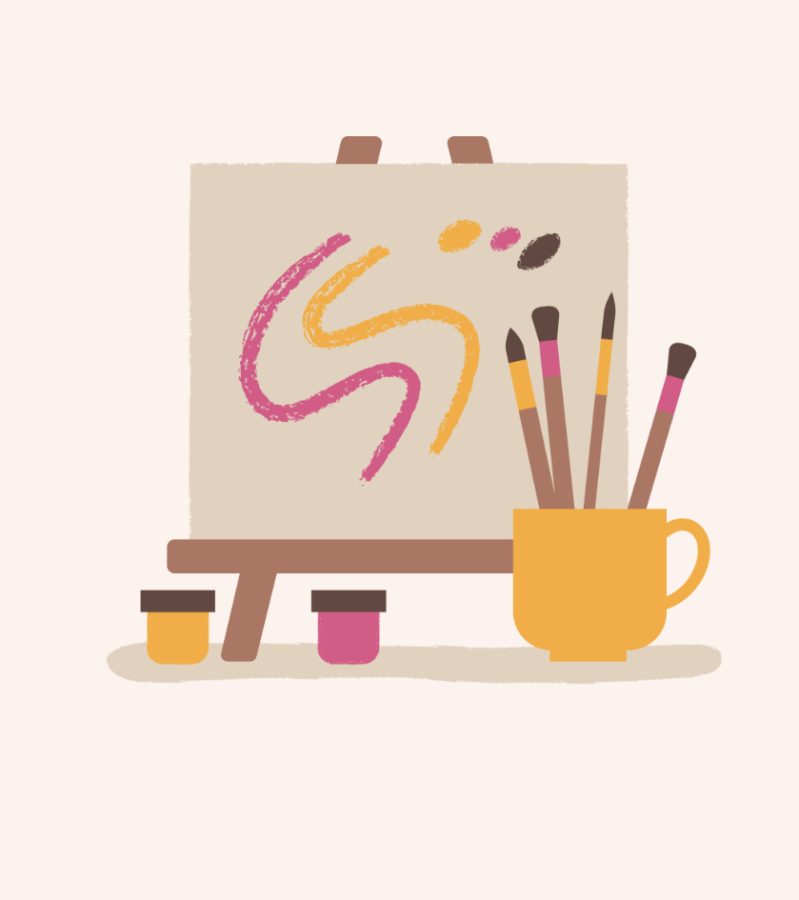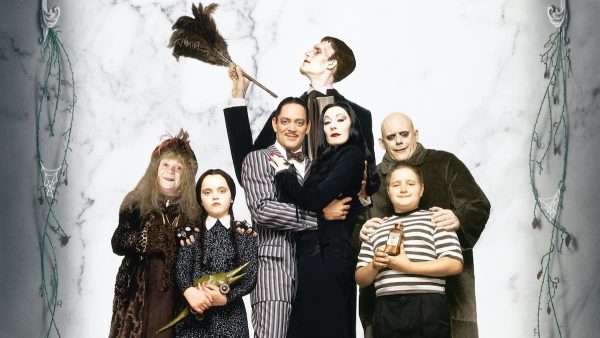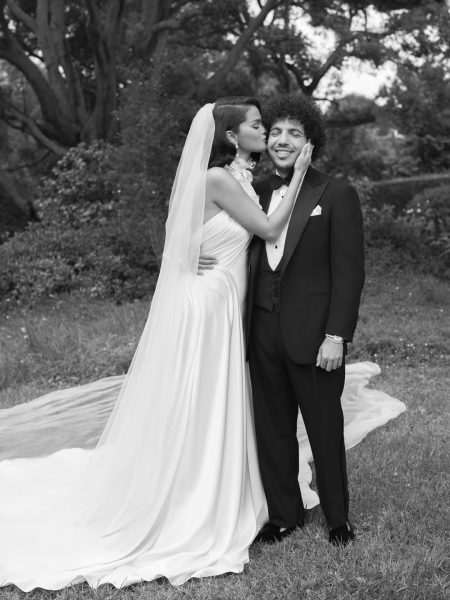From passion to profession: Art students on studying what they love
The typical sentiment toward college is that it takes hard work and dedication to do it. Each class is saturated with course work alongside attending the class itself. No matter what your major is, the grit it takes to complete a degree is a unique one.
But what happens when you mix work with play? What happens when you take your passion and make it your profession? Does the love fizzle out or are there ways to make it work?
For many, art is a way of expressing the concepts or internal ideas that would otherwise crowd their mind–a creative outlet, if you will. To take that which brings you solace seriously and to go so far as getting a collegiate-level education for it takes a certain kind of willpower. While this is a decision supported and appraised by many, it isn’t as glamorous as it may sound.
To major in a branch of art, whether it be performing, visual or otherwise, is equally as difficult as any other discipline, but it also comes with its own set of unique stressors. Artists in education experience anything from intimidating standards from professors to overwhelming media consumption and, for some, competition gets in the way of the fun of it all.
“Am I doing something I love? Yes, but it’s work,” senior musical theater major, Grace Turner, said.
Turner first started participating in theater in middle school and it quickly became a special part of her life. Not only was it something she was good at, but something of her own that brought stability to an otherwise confusing and hectic point of time in life. Now, having grown and nearly completed her degree program, her attitude has somewhat shifted.
“[In an educational environment] everybody knows your strengths, everybody knows your weaknesses, everybody knows your sore spots. It’s a very vulnerable thing and it can get really catty,” Turner said. “I think that, at this point in my process, has diminished the joy a little bit.”
Aside from the intense environment that Turner and other performance majors must endure, they are also faced with devastating media on a regular basis. Turner describes the relentless back-and-forth of consuming this kind of media as “emotional whiplash”.
“Some days my mental health is god awful because of the whiplash, but I feel very emotionally intelligent because of it, because I’ve learned how to regulate it,” Turner shared.
Other artists, like second year history and creative writing student Grayson Heiden, find the source of their stress coming from having trouble with time management. Creative writing students are oftentimes told to “write a little bit each day” to improve their skills, but when their classwork conflicts with the time that would typically be spent writing for themselves, the fun of it all comes to a halt.
“I’m in this weird spot where everything I write is for class,” Heiden said.
Heiden also expressed that he oftentimes finds himself at a crossroads, wholly aware that taking his craft too seriously has the potential to cause the pleasure of it to dwindle.
“There’s a part of me that worries if I learn to analyze pieces of literature too well, I won’t be able to appreciate any on a purely fun level,” Heiden said. “[…] I don’t want to accidentally suck the fun out of it by studying it too much.”
A distinct memory of the start of Heiden’s relationship with writing began after an intense argument with his mother. As a way of making sense of his emotions and clearing his head, Heiden wrote a poem. While Heiden alongside many others use writing as a way to relieve stress, the confines of a classroom can introduce limits which sometimes confuse that relationship.
“I’m used to writing longer pieces, so having to write shorter pieces, especially one or two every week, was extremely stressful for me,” Heiden said.
While parameters can feel restrictive, Heiden shares that artists should see it not so much as a hindrance, but an opportunity. He compares art to a grapevine, such that a grapevine grows along a trellis the same way that art flourishes within parameters:
“People shouldn’t let the parameters of assignments stifle them,” Heiden explained. “Try to work around them to create something truly incredible.”
At the end of the day, people who study art are doing it because they love it. With the given circumstances, however, comes managing that relationship. For both Turner and Heiden, maintaining a healthy relationship with their crafts looks like keeping it enjoyable.
For Heiden, keeping writing fun looks like developing his original characters by experimenting with having them interact with well-established ones from other pieces of fiction. For Turner, having more than just school to care about is key.
“Just be present in everything that you’re doing. It’s okay to live your life and read what you want and watch what you want and go talk to people who have no connection with theater because at the end of the day, those are the people that you’re emulating,” Turner said.
It is important for students to remember that art is ultimately a reflection of humanity. Even though education is a matter to be taken seriously, creating art is, at its core, grounded reality and truth.







